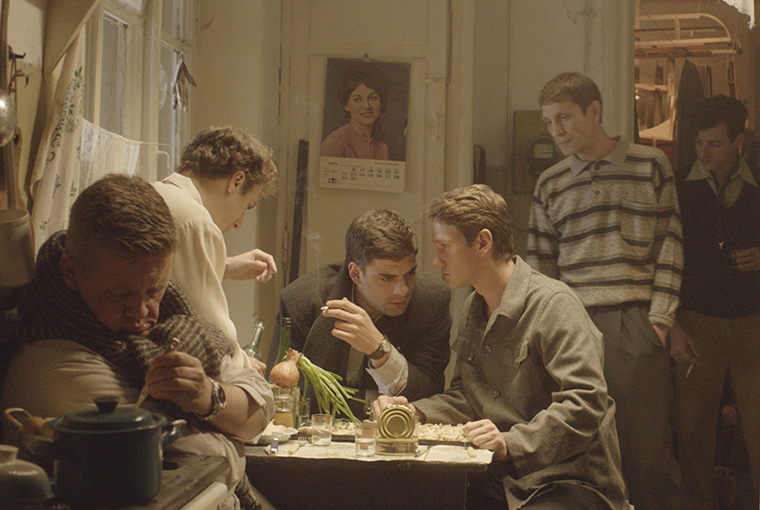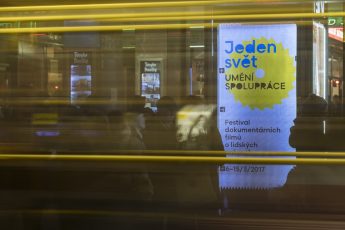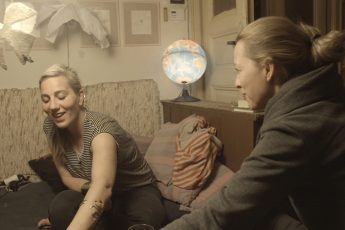
Already five years have passed since EEFB’s Moritz Pfeifer deliberated on the recent trend to make historical biopics not on the lives of statesmen or spiritual leaders, but of intellectuals. As Aleksei German Jr.’s Dovlatov indicates (covered in this month’s issue), this trend continues to this day, and has by now reached the cinemas of Central, Eastern and South-Eastern Europe. Though those cinemas of course continue to be obsessed with strictly political events from the past, the biographies of famous thinkers and artists allow for a usage of historical backdrops without the rigor and precision that should normally attend historical films. This is important because such biopics often pursue the didactic goal of depicting and inspiring progressiveness and resistance. That the forces who pretend to be fighting reactionaries draw from the same source as their enemies – the past – is just one of the great ironies of our time. There are ever fewer voices who appear to be ready to look for political strength elsewhere than in romanticized struggles from the past…
***
Dovlatov was reviewed by Daniil Lebedev, who thus complements our coverage of this year’s Berlinale. Also screening in Berlin was Ioana Uricaru’s Lemonade, which offers a dark vision of immigrant life in contemporary America. Alice Henaghan reviewed Non-Parent, a documentarian’s look at parenthood, and spoke to director Jana Počtová about its idea and making. Both contributions come live from the One World festival 2018, which took place March 5-14. Finally, we pursue our 2018 regional focus on Slovakia with a review of Peter Bebjak’s The Line, a stylistically variegated thriller.
We also want to congratulate our contributor Zoe Aiano on winning a pitch award at One World for her upcoming short documentary.
We hope you enjoy our reads.
Konstanty Kuzma & Moritz Pfeifer
Editors




Leave a Comment